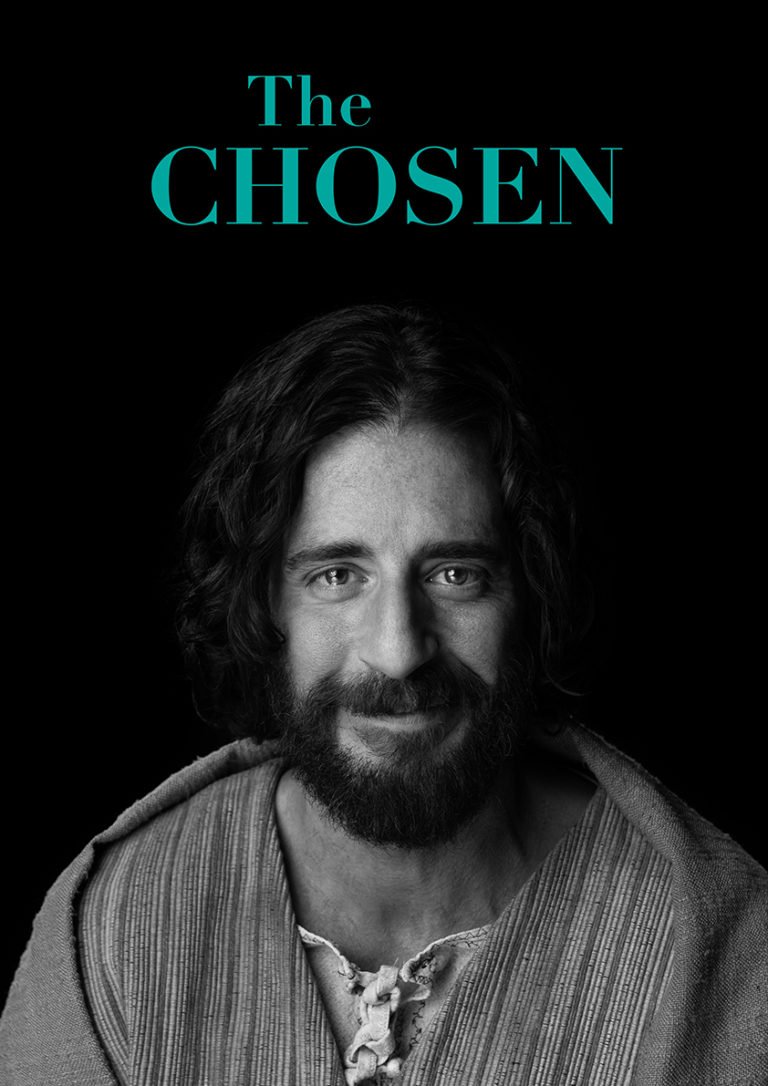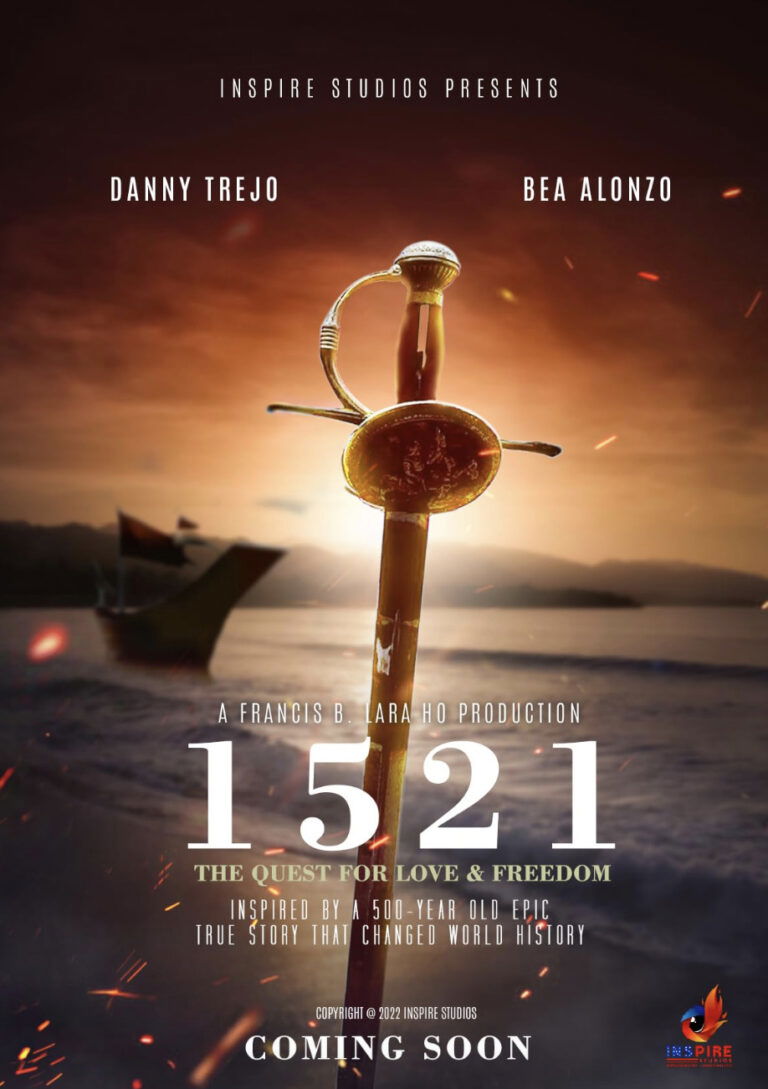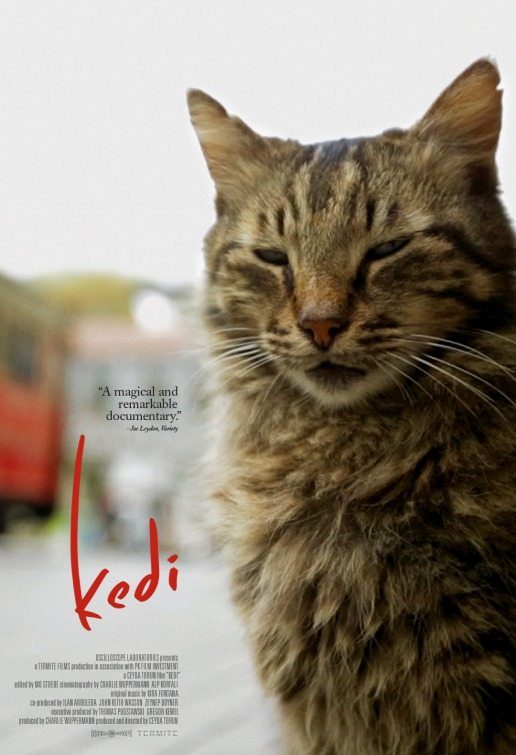"Pocahontas, but with Even More Stereotypes"

| None | Light | Moderate | Heavy | |
|---|---|---|---|---|
| Language | ||||
| Violence | ||||
| Sex | ||||
| Nudity |
What You Need To Know:
1521’s quality is poor. The performances do not support the weak dialogue, and the Spanish armor looks like plastic. Tthe story is a beat-for-beat copy of Disney’s POCAHONTAS movie. The story stresses pro-freedom, pro-independence values. However, it stereotypes Catholics as solely interested in exploiting the Filipinos, with the Gospel only as a cover for sinister motives. One Spaniard upholds Christ’s command to love one another, but he’s shown to be too weak to resist Magellan’s attempt to force the Filipinos into submission. The movie’s lack of artistic value, politically correct revisionist history and implicit endorsement of indigenous paganism make 1521 unacceptable.
Content:
More Detail:
1521: THE QUEST FOR LOVE AND FREEDOM is a heavily-fictionalized account of the Battle of Mactan, a historical engagement between the crew of Spanish explorer Ferdinand Magellan (Danny Trejo) and a tribe of indigenous Filipinos, led by Lapu-Lapu (Michael Copon). In the weeks leading up to the battle, Magellan’s aide, Enrique (Hector David Jr.), falls in love with one of the tribe’s female spiritual leaders (Bea Alonzo). They are inevitably forced apart when Enrique’s duty requires him to participate in the attempts to convert Lapu-Lapu’s people to Christianity, at the point of a sword if necessary.
One must question why 1521 was ever made. For example, its production values are far below the demands of a historical drama. Also, the performances do nothing to support the weak dialogue, and the Spanish armor costumes look to be made of plastic. Not to mention the fact that the story is a beat-for-beat copy of Disney’s POCAHONTAS movie. 1521 has little to no entertainment or artistic value. If anything, it should be examined as a case study on the negative effects of movie technology’s democratization and expanded accessibility in the 21st Century.
1521 stresses strong pro-freedom, pro-independence values. The indigenous Mactan tribe fights valiantly for their right to sovereignty from powers such as the Holy Roman Empire and the kingdom of Spain. However, the story heavily stereotypes Catholicism as being solely interested in exploiting the Mactan, with the spreading of the Gospel being used only as a cover for their sinister motives. The only member of Magellan’s expedition who truly believes in Christian teaching and upholds Christ’s commandments to love Him and one’s neighbor is ultimately shown to be too weak to resist Magellan. He eventually participates in the attempt to force the
Filipinos into submission anyway. Despite some positive values promoted by 1521, the movie’s lack of artistic value and implicit endorsement of indigenous paganism make 1521 unacceptable.
The filmmakers have admitted in the press that their movie is fiction. However, to set the record straight, historians believe that the local king or rajah in the area, after Magellan peaceably convinced him to convert to Christianity, urged Magellan to help him conquer Mactan Island. Apparently, he and Lapu-Lapu, the local ruler of the island, had a rivalry going. Magellan was an explorer, not a colonist. The forced Spanish colonization of the Philippines didn’t begin until 45 years later.



 - Content:
- Content: 



